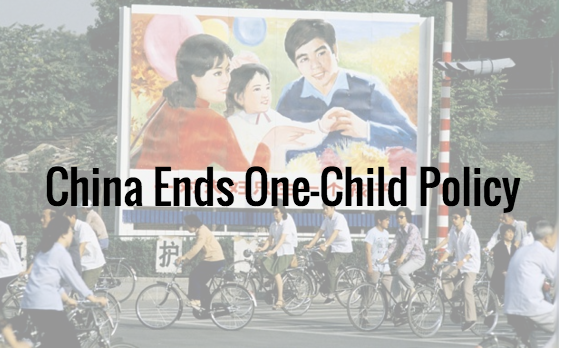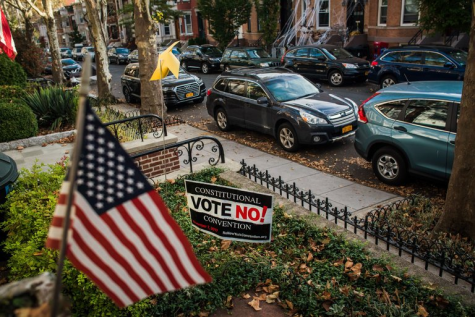Too Late for the “Lonely Generation”?

In 1979, China implemented its infamous one-child police as a way to control its growing population. It “was brutally enforced through huge fines, forced sterilizations and abortions,” says the Washington Post. “It empowered and enriched a huge swath of officials, with bribes often paid to skirt the rules.”
On Thursday, October 29th, China ended its one-child policy and opted for a two-child policy. However, this drastic change is not going to change the life of what Chinese media is calling “the loneliest generation” who had to live under the strict restrictions of the one-child policy.
The one-child policy has affected over 150 million young people who grew up as only children. The stress of being the only child, having to succeed and taking care of elderly parents put a lot of stress on China’s population. According to study concluded by Lisa Cameron, Nisvan Erkal, Lata Gangadharan, and Xin Meng on a group of people born before and after the policy was implemented, people born under the one-child policy were “less trusting, less competitive, more pessimistic, more neurotic and less conscientious.”
It also created a gap in gender, with most families choosing to have boys, who are favored in traditional Chinese culture, since they carry the family name and can support the family when they grow up.
Because of only being able to have one child, many parents placed their girls, aborted, or abandoned them. Families who decided to have two children had to pay hefty fines to the government in order to keep both of their children. In May 2008, an ABC News investigation found that many Chinese orphanages paid $300 for baby girls.
While the policy was lifted as a way to even out Chinas’ population, the aftermath of this controversial policy will continue to live on.






